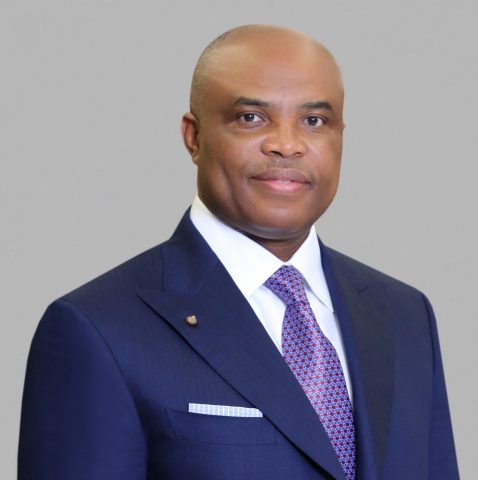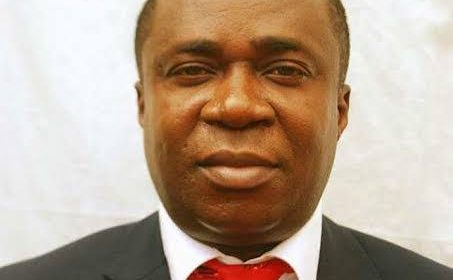Energy Transition must be done in a collaborative manner, says ABC Orjiako

In recognition that one of the biggest challenges in Energy Transition is the continuous discordant tunes that are being sung across the world, Dr. ABC Orjiako, Chairman, Seplat Energy Plc believes that the best of this new journey can only be achieved in a collaborative manner leveraging technology and innovation. He spoke on October 19 at the 2021 Milken Institute Global Conference themed “Charting a New Course”.
The Milken Institute Global Conference is an annual convening of global leaders in government, finance, health, academia, industry and philanthropy. The Milken Institute, an independent economic think tank publishes research and hosts conferences that apply market-based principles and financial innovations to social issues in the US and internationally.
At the global conference, Orjiako’s panel focused on “Energy and Commodity Markets: Structural Bull or Earthbound?” His words: “We must develop a coordinated and coherent approach to energy transition with the specific needs of several geographies in consideration”.
Orjiako’s panel provided insights on how few markets have seen more fundamental changes than energy and commodities. The experts at the panel responded to issues such as – How accelerated demand for microchips has led to rising metal prices, decarbonization and how electric vehicles are disrupting the energy market, and top companies supporting initiatives such as the broad deployment of hydrogen.
His panel also looked at what energy and commodity firms and investors can do to stay ahead of the game; and how they are supporting policy or developing effective programmes; as well as what incentives can help accelerate decarbonization and a more sustainable approach in the face of a growing climate crisis.
While responding to Seplat Energy’s timeline for Energy transition and how he sees this happening, Orjiako said: “I think one of the biggest challenges in Energy Transition is the continuous discordant tunes that are being sung across the world. The recent bull market experienced in the commodities market particularly with oil and gas is due in part to the uncoordinated planning of the pace of Energy Transition. The real message is that net zero emissions does not equate to zero fossil fuels.”
He further told the teaming audience that massive withdrawal of funding for fossil fuel projects has led to a market imbalance where with every slight rise in demand comes a sharp increase in commodity prices “as seen in the recent uptick in the price of coal.”
“Energy transition must be done in a collaborative manner where there must be a balance between net-zero /carbon neutrality and energy poverty in Africa and much of the developing world. To put this in context, Nigeria for example with a population of over 200 million people has installed grid capacity of 12,500MW, availability of grid power to the population is only 3,000 – 4,000MW. 25,000MW off-grid power is supplied by diesel generators”, Orjiako noted.
“Over 60percent of the population has no access to electricity and rely heavily on biomass and kerosene for cooking. The challenge remains: how do we prioritize a transition to renewables overnight without addressing the energy poverty that exists with the available fossil fuel. Nigeria cannot afford to not utilize its over 200Tcf of gas reserves in the bid to address the UN SDG7 as it pertains to universal energy access. This gas reserves will leapfrog the transition”, he said







Leave a Reply